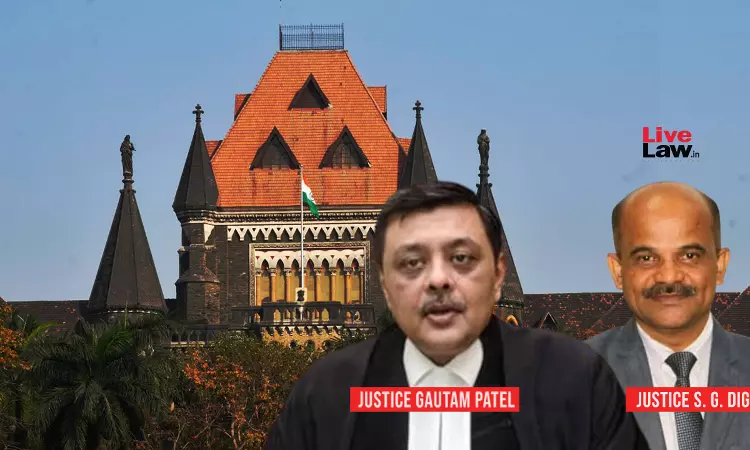Observing that vehicular toll is a tax and not merely contractual debt between the collection company and the civic body, the Bombay High Court dismissed plea by Mumbai based MEP Infrastructure Developers Ltd. (MEPIDL) challenging recovery proceedings for its failure to pay toll collected by it to the Municipal Corporation of Delhi (MCD).“MEPIDL was collecting and remitting toll. The...

